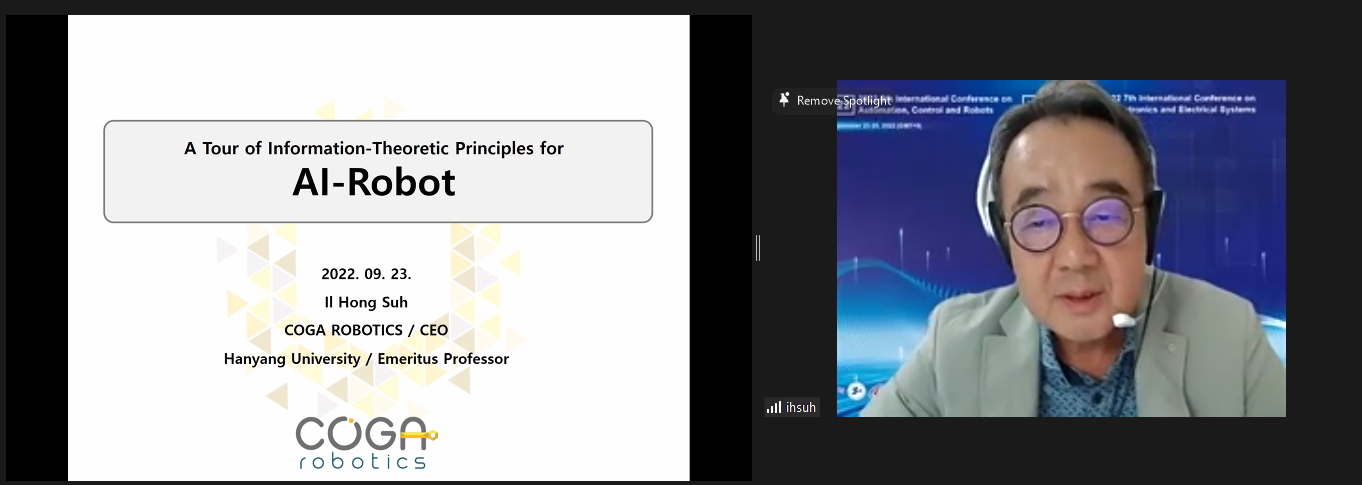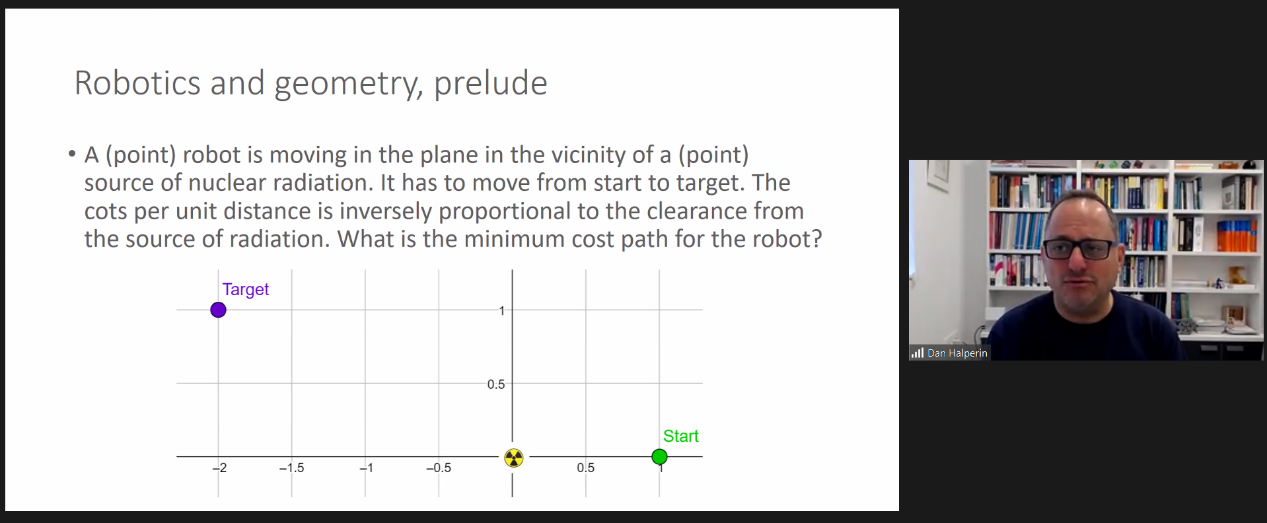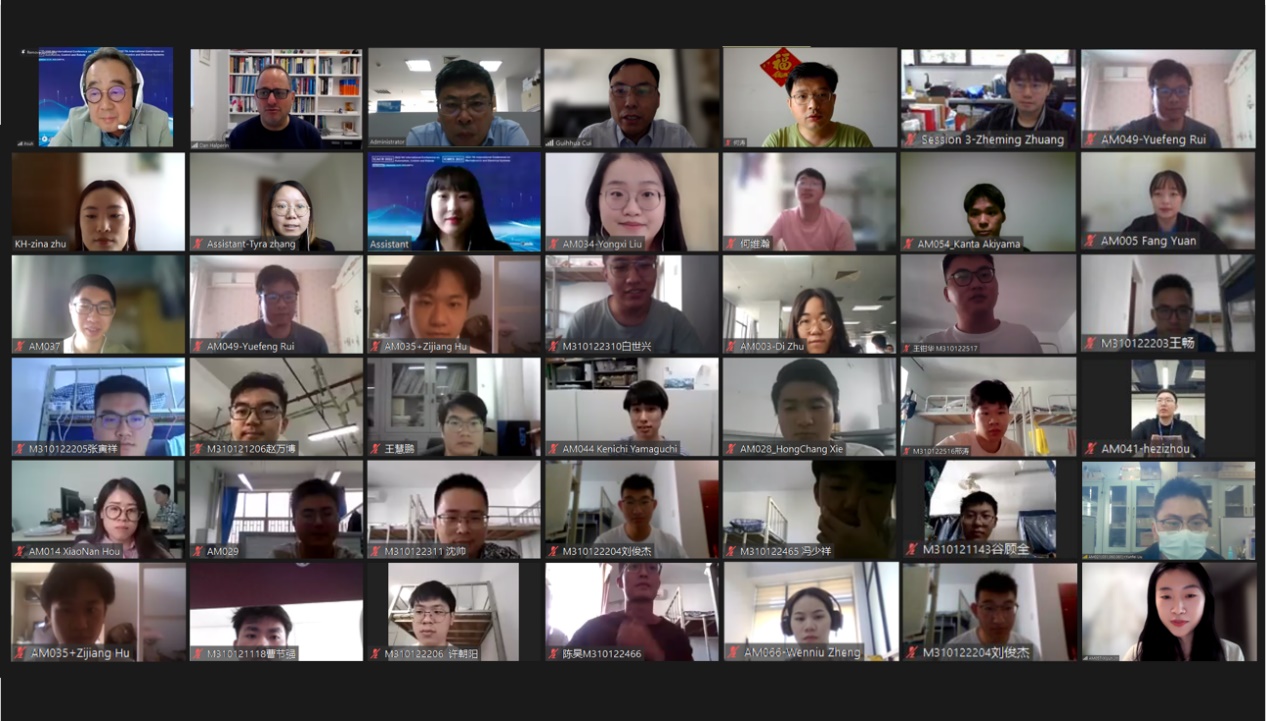On September 23-25, the 6th International Conference on Automation, Control and Robots (ICACR 2022) was successfully held in 2022. Due to the impact of the COVID-19, the conference was broadcast live online through the ZOOM conference platform, hosted by Shanghai University of Engineering and Technology, undertaken by the College of Mechanical and Automotive Engineering, and co organized by Beijing Institute of Science and Technology Computer Intelligent Technology. More than 100 experts and scholars from the United States, Singapore, South Korea, Romania, Malaysia, Israel, India and China gathered online and exchanged views on hot issues in automation, control and robotics.

Professor Fang Yu, Dean of the School of Mechanical and Automotive Engineering of our university, delivered a welcome speech. He first extended a warm welcome to all guests and the committee, and briefly introduced the achievements of our university in the fields of automation, control and robotics. He said that as a national excellent engineer program school, the school has always been actively engaged in the innovation driven development strategy, facing automation, control, robot application and other fields, actively promoting the construction and reform of intelligent manufacturing related disciplines, and vigorously supporting international cooperation.

Cui Guohua, the chairman of the conference committee and professor of the School of Mechanical and Automotive Engineering of our university, congratulated on the smooth convening of the conference. He hoped that the conference could be taken as an opportunity to absorb insights, gather academic resources, broaden vision and stimulate innovation, and contribute wisdom and strength to the development of automation, control and robotics together with experts and scholars in the same industry.

In the conference theme report segment, Professor Hong Suh, a professor from Hanyang University, South Korea, gave a wonderful report on the "Information Journey of Robot Principles". In the report, he proposed that not long ago, there were many theories and applications of robot AI based on statistics or deep learning, and reviewed several information theories from Bayesian robots to free energy principles to help us build robot AI. In particular, a perception and action demonstration building inspired by free energy will be discussed.

Professor Dan Halperin of Tel Aviv University in Israel gave a wonderful report "From capture to multi robot coordination: geometry serves robots", in which robot perception was discussed. Therefore, naturally, the geometry of the problem at hand is the key to robot design, usually as a method. At the same time, it discusses the problem that the solution "beauty" tries to work.

Professor Wan Zuha Wan Hasan from Putra University in Malaysia gave a wonderful report on the theme of "mechanization and automation of current oil palm plantations". In the report, he proposed that autonomous mechanization could solve the problem of severe labor shortage caused by epidemics in future plantations. In addition, the local robot industry and universities in Malaysia have started research and development to invent new advanced mechanical devices, which should be practical and fully implemented in the future. At the same time, Sime Darby Plantation Co., Ltd., as one of the largest sustainable palm oil producers, is proposed in the report to take active actions to deploy robot technology in the plantation in the next few years.
The successful holding of this international conference has built a good academic exchange and communication platform for our school and all participants to share the latest research achievements in the fields of automation, control and robots.


